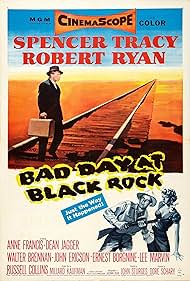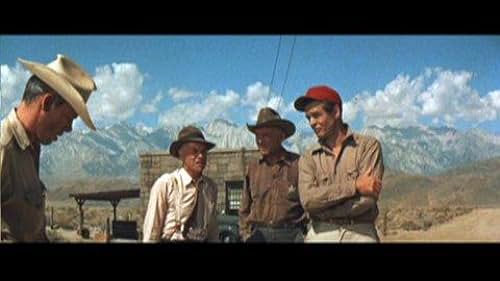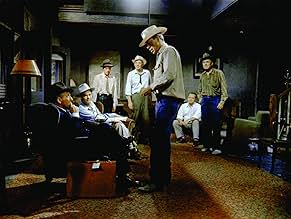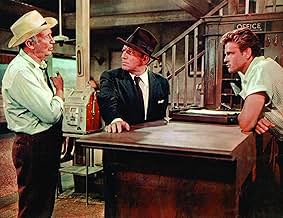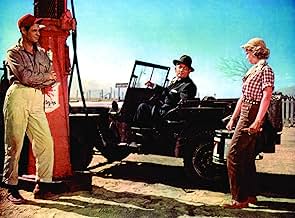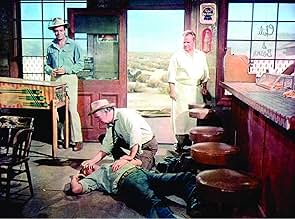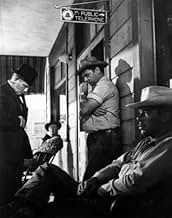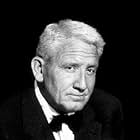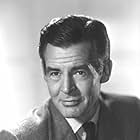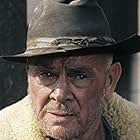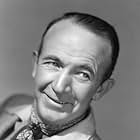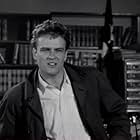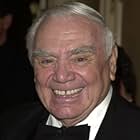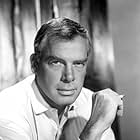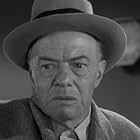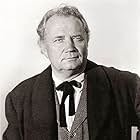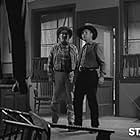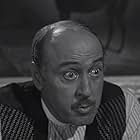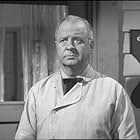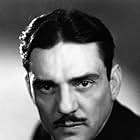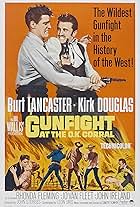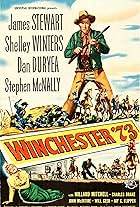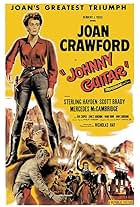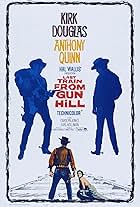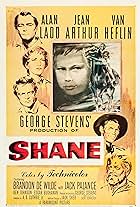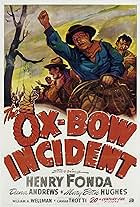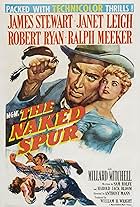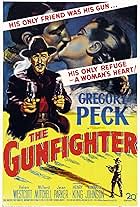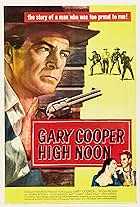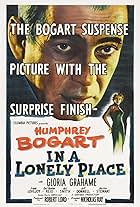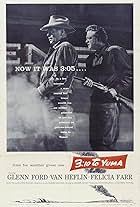Following World War II, a one-armed stranger arrives in a tiny California desert town, but finds the residents hostile and protecting a terrible secret they want to keep hidden, by violent m... Read allFollowing World War II, a one-armed stranger arrives in a tiny California desert town, but finds the residents hostile and protecting a terrible secret they want to keep hidden, by violent means if necessary.Following World War II, a one-armed stranger arrives in a tiny California desert town, but finds the residents hostile and protecting a terrible secret they want to keep hidden, by violent means if necessary.
- Nominated for 3 Oscars
- 4 wins & 8 nominations total
- Cafe Lounger
- (unconfirmed)
- Cafe Lounger
- (unconfirmed)
- Cafe Lounger
- (unconfirmed)
- Cafe Lounger
- (unconfirmed)
- Second Train Conductor
- (uncredited)
- First Train Conductor
- (uncredited)
- One of Two Porters
- (uncredited)
- Tall - White-haired Cafe Lounger
- (uncredited)
- Director
- Writers
- All cast & crew
- Production, box office & more at IMDbPro
Storyline
Did you know
- TriviaJohn Sturges had already moved on to his next film, The Scarlet Coat (1955), so Herman Hoffman took charge of filming the opening. The plan was to shoot the train hurtling toward the audience, almost like a 3-D movie, but it would have been deadly to attempt a helicopter maneuver into the path of a speeding locomotive. Stunt flier Paul Mantz offered the perfect solution: have the train running backwards, fly the copter over the retreating engine, then project the footage in reverse. "It's a helluva shot," Sturges later said, "but I didn't make it."
- GoofsAs the train approaches the town, the horn blows twice, which is the signal for starting up. The mandatory signal for a grade crossing (long, long, short, long) is never blown, although one clearly exists. When the train departs, the conductor makes a confused hand signal to the engineer resembling the horizontal motion that means "stop" rather than the vertical motion that means "go". The engineer never responds with the "long, long" starting signal.
- Quotes
Coley Trimble: You're a yellow-bellied Jap lover! Am I right or wrong?
John J. Macreedy: You're not only wrong. You're wrong at the top of your voice.
Coley Trimble: [gets ready to scrap] You don't like my voice?
- Alternate versionsTo receive an 'A' (PG) certificate in 1955 the UK cinema version was subject to heavy BBFC cuts. These included Macreedy striking Hector with the brass fire hose nozzle and the climactic shots of Reno on fire. Later TV showings and video releases were fully uncut.
- ConnectionsFeatured in The Spencer Tracy Legacy: A Tribute by Katharine Hepburn (1986)
A classy production that combines elements of Westerns and film noir, Bad Day at Black Rock deals with racism and all the hate and bully tactics that come with such a vile subject. It tells the story of a mysterious one armed stranger, John J. Macreedy (Tracy), who arrives at a tiny isolated town in a desert of the Southwest United States in search of a Japanese-American man. From the moment he arrives he is met with hostility and mistrust. Over the course of the day Macreedy picks apart the town to uncover the secret that the towns folk had hoped had gone away forever.
From the opening sequence of a bright red train rushing towards us, it's evident that we are in the modern day West. It's just after World War II and the horse trails of the old West are now frequented by jeeps and cars. Yet the hallmarks of the old West exists and thrives because of the inhabitants of Black Rock. An ignorant group of people consisting of bullies, drunks and the head in the sand weak willed type. Yet even though the film is set mostly in the blazing sun, in a barren one horse Western town that time forgot, the film exudes a film noir sensibility. Dark secrets from the past weigh heavy on the shoulders of the towns' big players - and Tracy's High Noon like situation is moodily paced by the wily Sturges. In fact, that a film with so little "gun play" action can be so tense is actually no mean feat, with him yet again directing an ensemble cast to great effect.
Tracy is at his best when he is as he is here, playing subdued. Here he is a thinking man's protagonist, calm and reflective in the face of constant hostility. That he is facing an impressive line up of heavies really brings home just how thoughtful a performance Tracy gives in the piece. Robert Ryan does yet another fine turn as a complicated villain whose rage is bubbling away under the surface. Borgnine and Marvin are memorably vile as his right hand thugs, Dean Jagger as the drunken cowardly sheriff manages to pang the heart and Walter Brennan is his usual solid scene influencing self. Anne Francis adds the glamour but really - and sadly - it's a nondescript role that the film could easily have survived without.
Clocking in at just 81 minutes the film never outstays its welcome. It looks great on home format issue, and for those interested in commentary tracks, this one comes with a very good one from Dana Polan. Anyone who has not seen this film should try and seek it out. It was considered controversial back on release but now can be viewed as a smart message movie about racial tolerance. Tight, taut and expertly directed and acted, Bad Day At Black Rock is an important film from the 50s that still rings the bells loudly even today. 8/10
- hitchcockthelegend
- Mar 3, 2008
- Permalink
Details
Box office
- Budget
- $1,271,000 (estimated)
- Gross worldwide
- $10,813
- Runtime1 hour 21 minutes
- Color
- Aspect ratio
- 2.35 : 1
Contribute to this page

